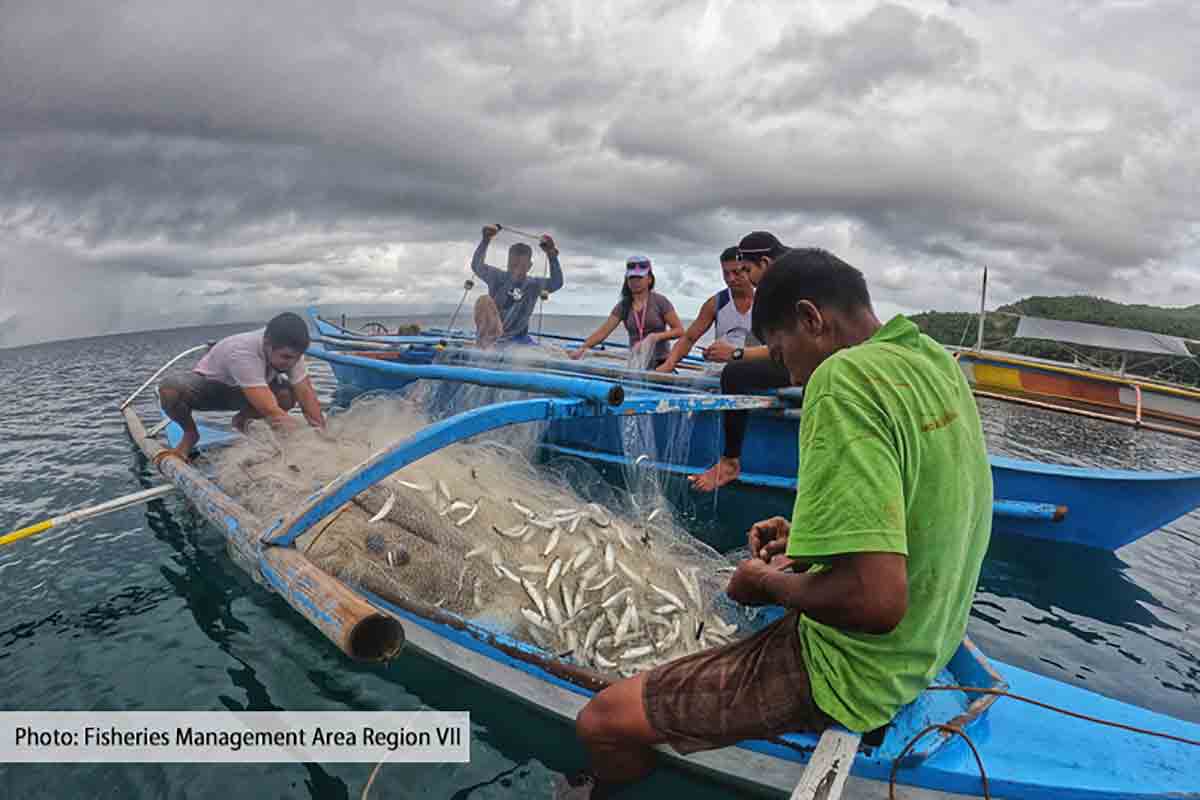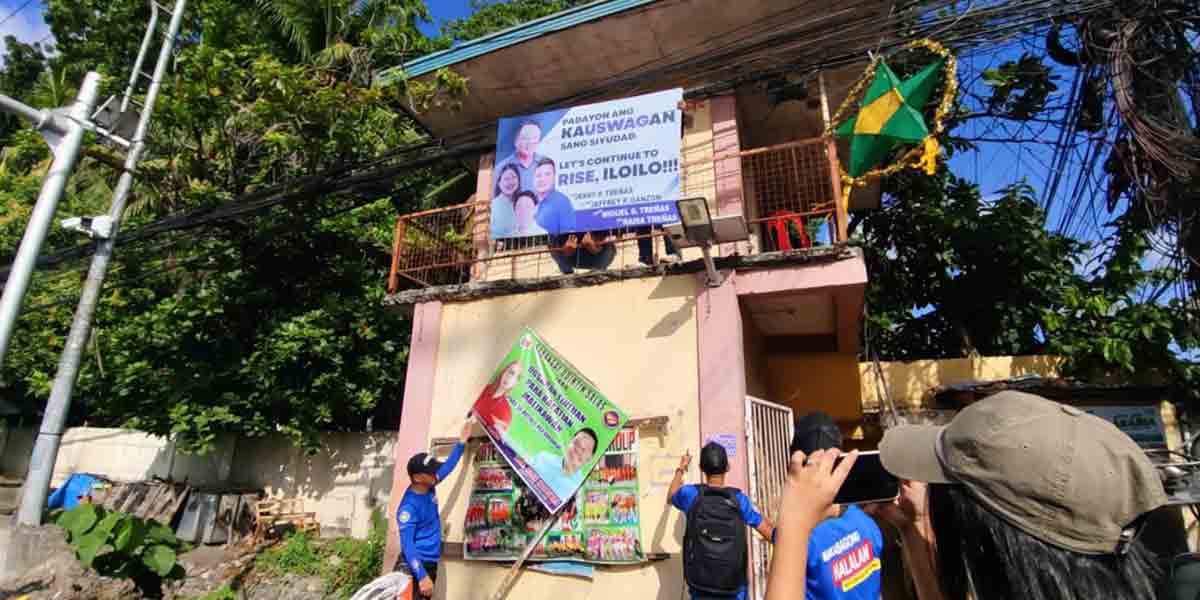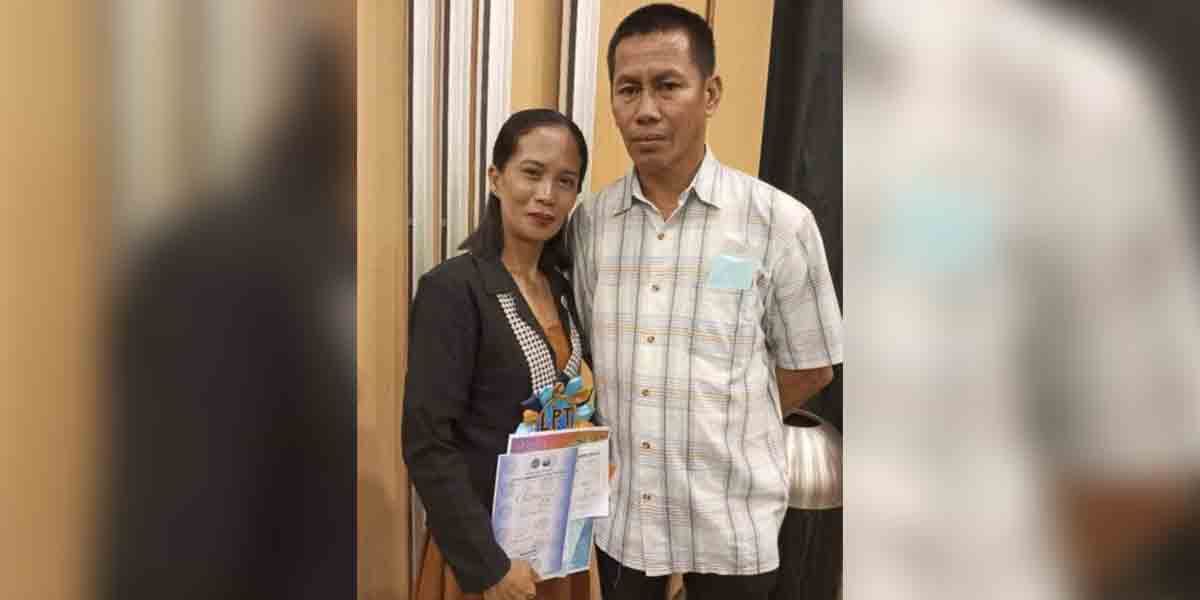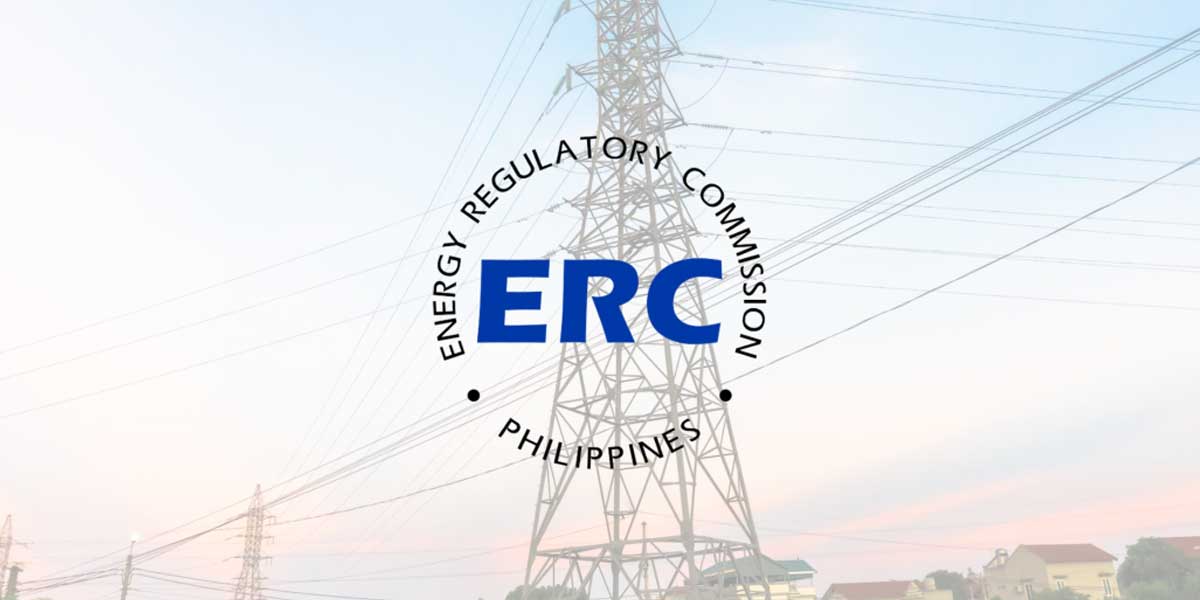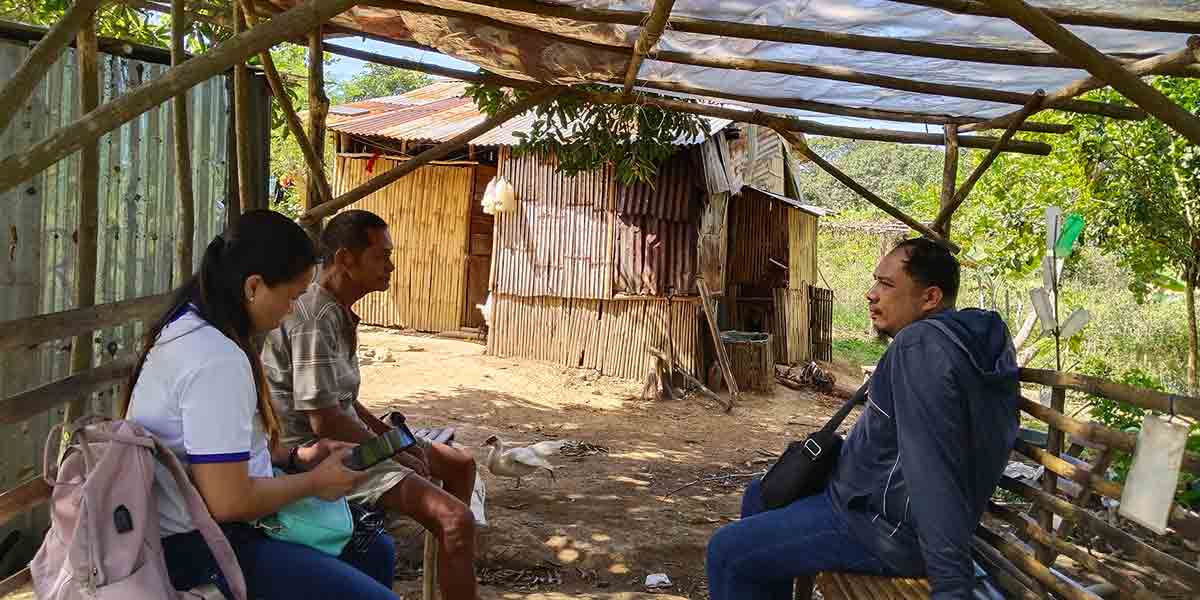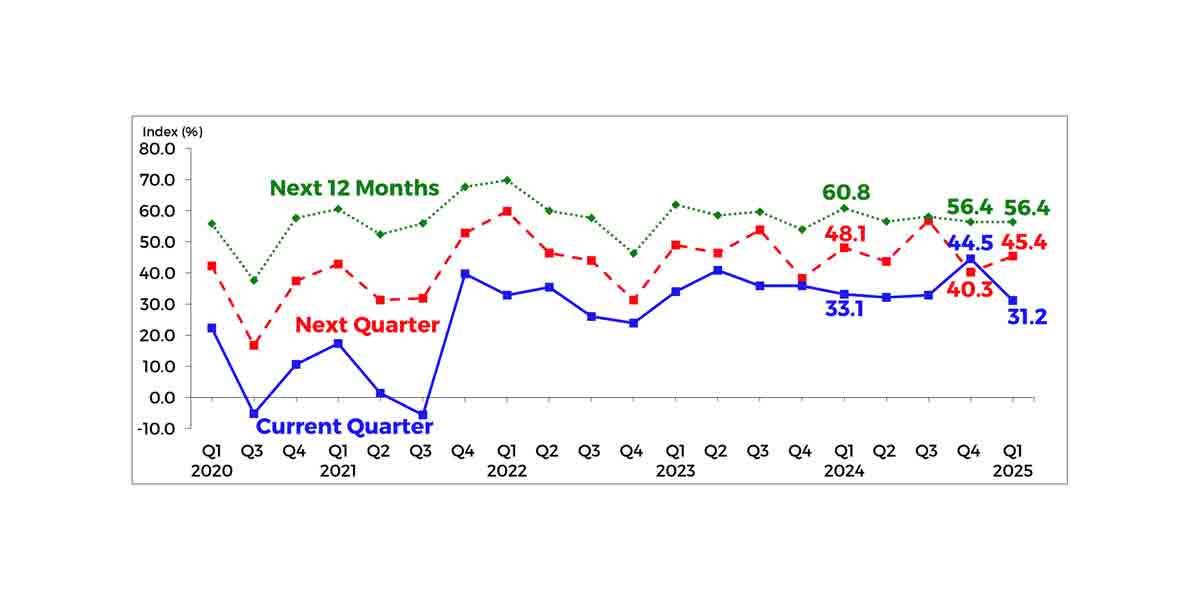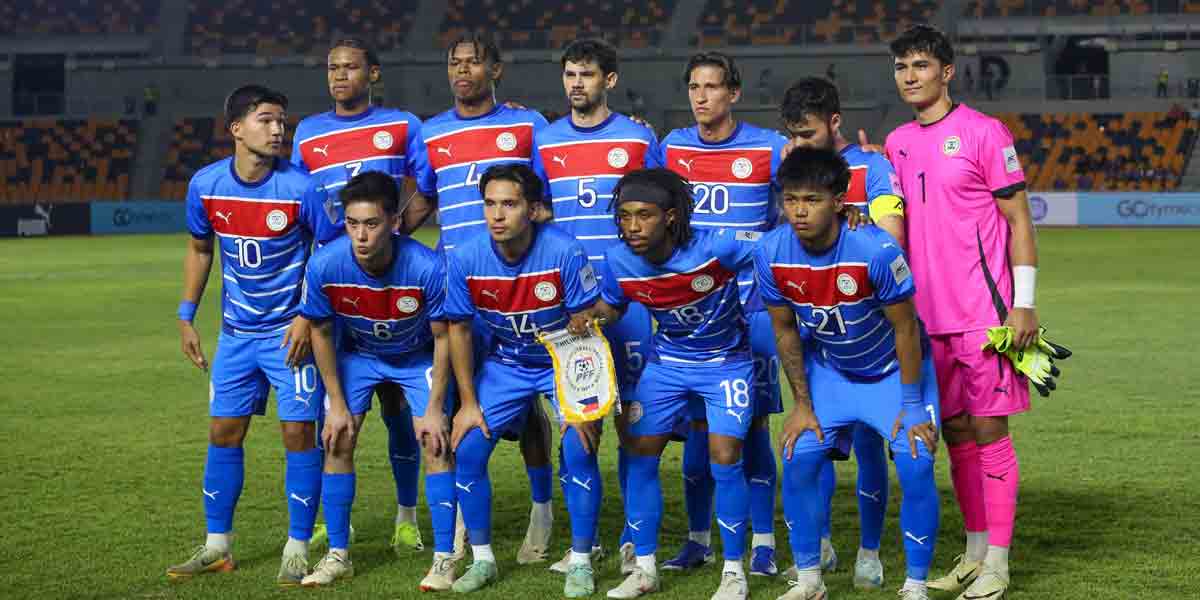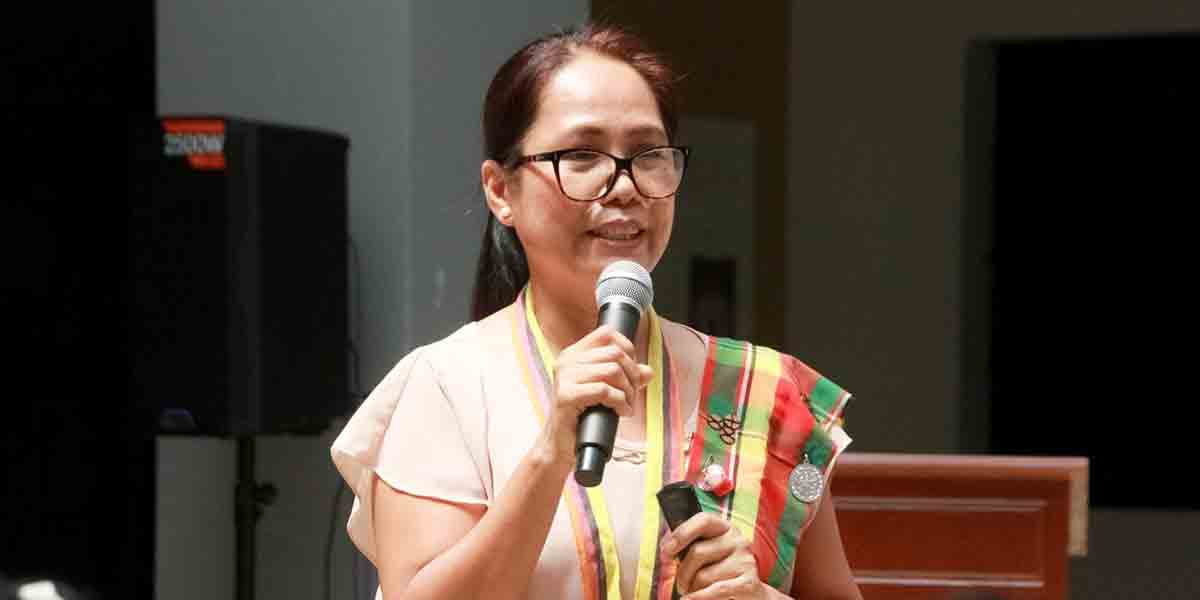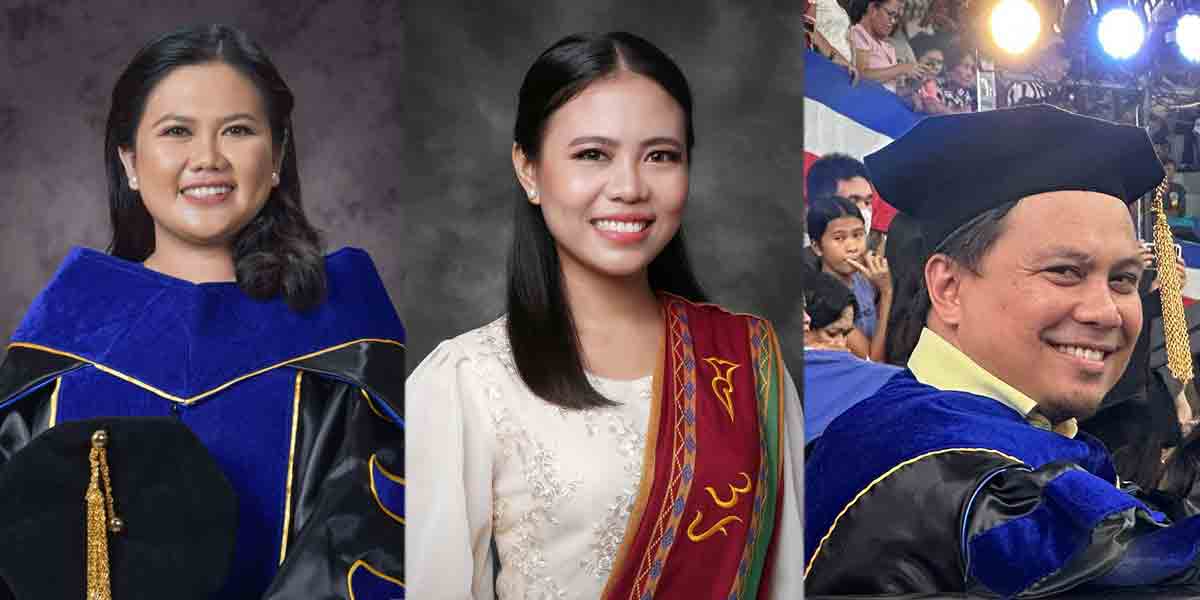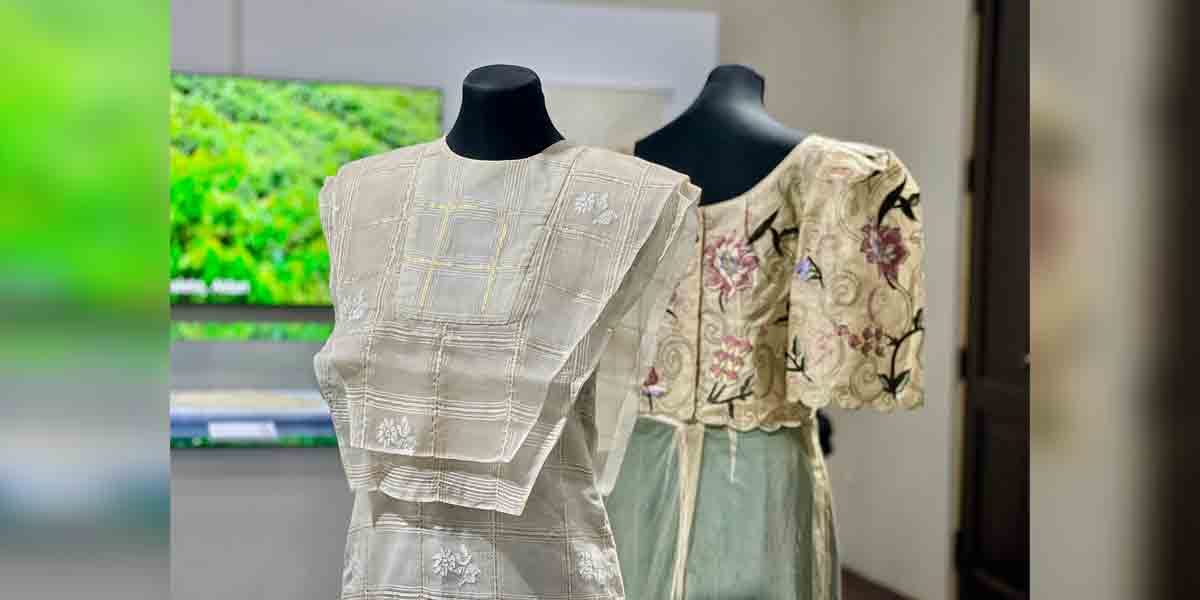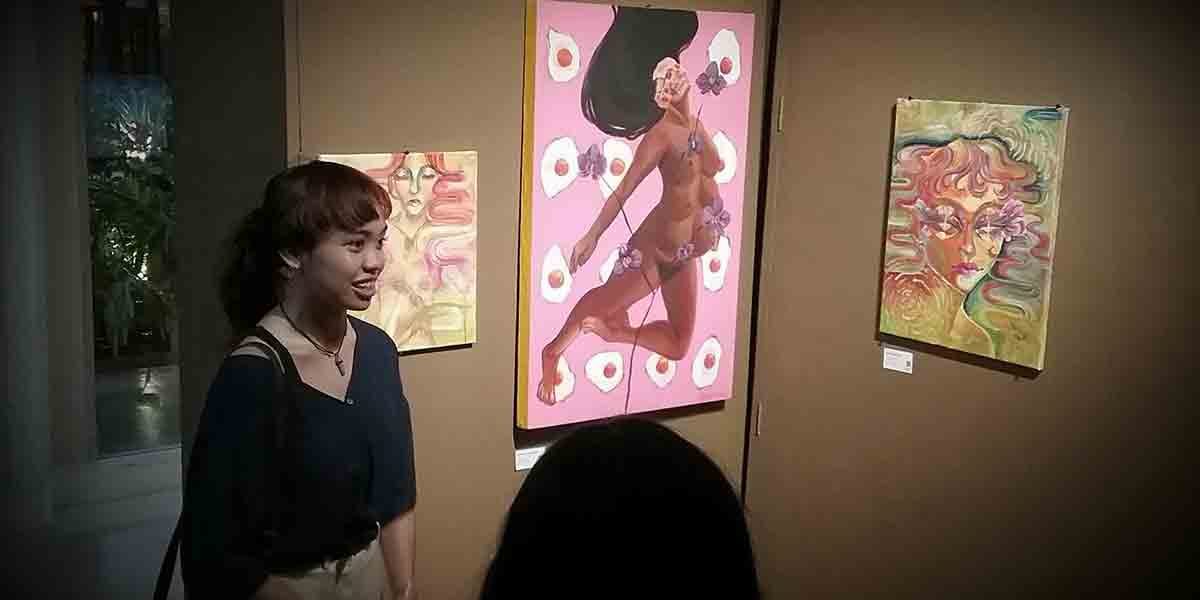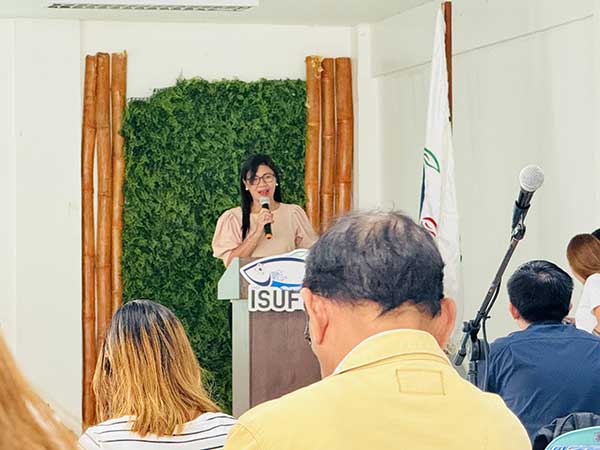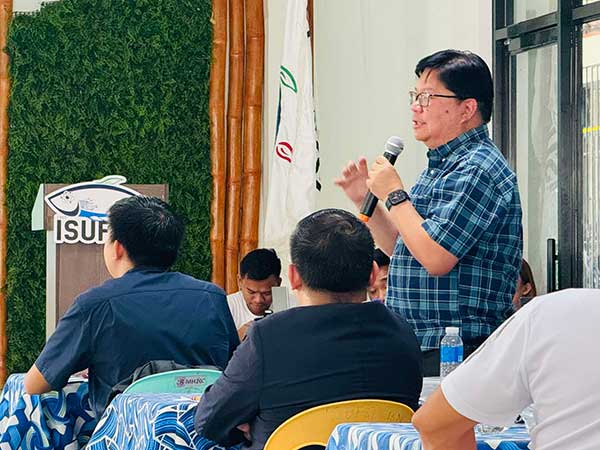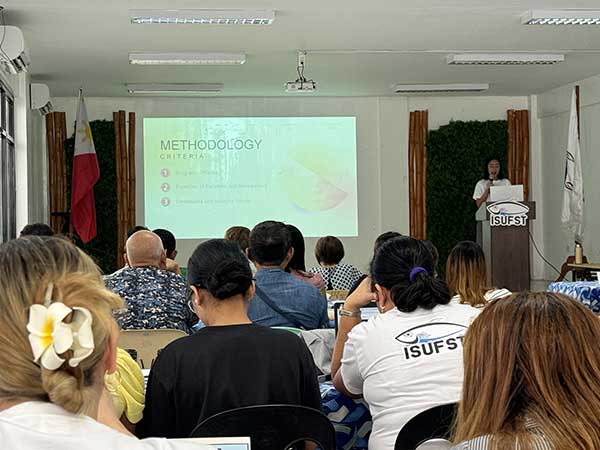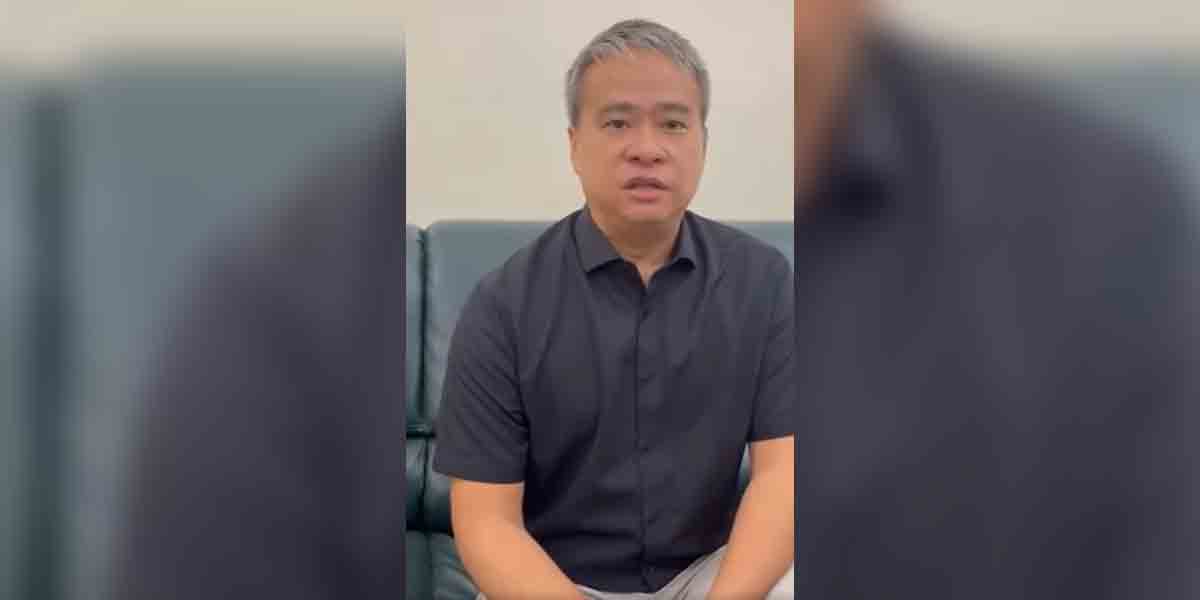The Iloilo State University of Fisheries Science and Technology (ISUFST) has taken a major step in advancing its research initiatives, following a Research Agenda Formulation Dialogue held on August 30, 2024, at the university’s Main Campus Poblacion Site Technology Hub.
During the event, stakeholders unanimously supported a call by Department of Science and Technology (DOST) Regional Director Engr. Rowen Gelonga to prioritize the blue economy in the university’s research efforts.
The blue economy refers to the sustainable use and management of ocean resources to promote economic growth, improve livelihoods, and create jobs while ensuring the health of marine ecosystems.
With the Philippines possessing over 220,000 square kilometers of fishing grounds and 60% of its population living in coastal areas, the country’s marine resources play a vital role in national development.
Engr. Gelonga, also a member of the ISUFST Board of Regents, emphasized the institution’s unique role as the nation’s sole university dedicated to fisheries science and technology.
“ISUFST has a prime responsibility to spearhead research initiatives that directly contribute to the sustainable management and development of our marine resources.” He also highlighted the need for a strategic plan to enhance the university’s facilities, human capital, financial resources, and collaborative potential,” Gelonga said.
The event brought together 80 stakeholders, including representatives from national and local government agencies, local government units (LGUs), private industry, farming and fishing communities, and members of the academic sector.
Together, they worked on developing a strategic research and development (R&D) agenda aimed at leveraging ISUFST’s strengths while aligning with national and international standards.
Dr. Jescel Bito-onon, the university’s R&D Director, presented an overview of ISUFST’s proposed nine-point research agenda. This comprehensive roadmap addresses critical areas such as food security, resource conservation, post-harvest process optimization, food safety, industrial technology, tourism, educational innovation, social policy, and aligning industry needs with employment opportunities.
Key stakeholders from various agencies, including the DOST, DICT, DENR, CHED, DTI, DA, NDA, BFAR, and BJMP, as well as LGUs from different levels, actively participated in the plenary session.
Their contributions helped refine the research priorities, with a focus on sustainability, inclusivity, internationalization, social responsiveness, and adaptive technologies.
Speaking on behalf of ISUFST President Dr. Nordy Siason, Dr. Joan M. Belga reaffirmed the university’s commitment to advancing Sustainable Development Goals (SDGs) related to fisheries science and technology.
Dr. Belga noted the university’s potential to address global issues like quality education, climate action, life below water, and global partnerships through localized and international research.
“Together, we will craft a research agenda that not only upholds our core values but also drives us toward a future of academic excellence and social responsibility,” Dr. Belga said, echoing Engr. Gelonga’s challenge to prioritize the blue economy in the university’s research endeavors. (Herman Lagon/PAMMCO)

